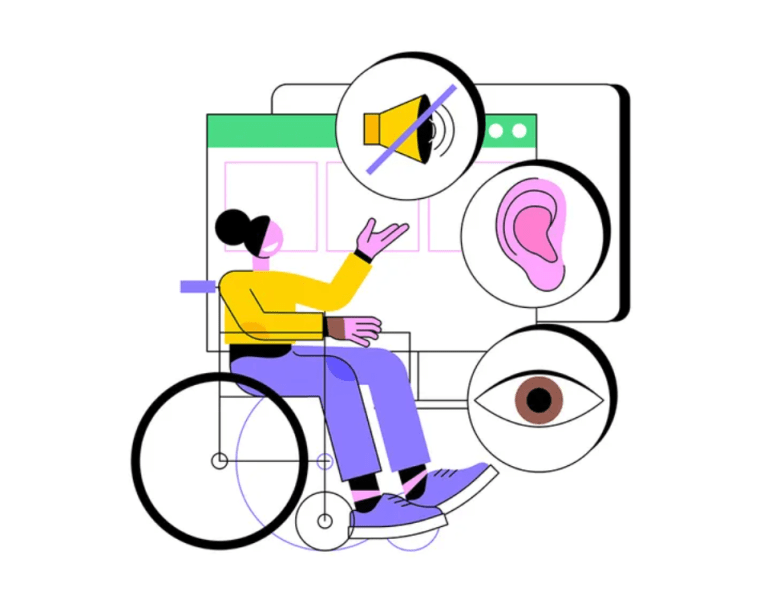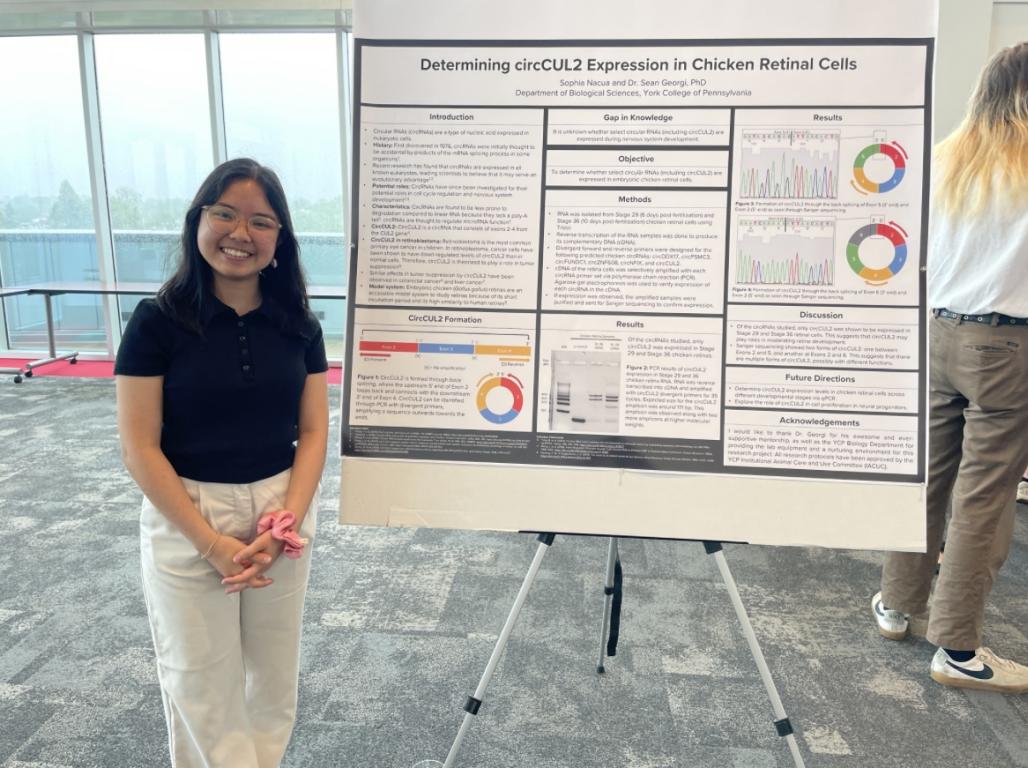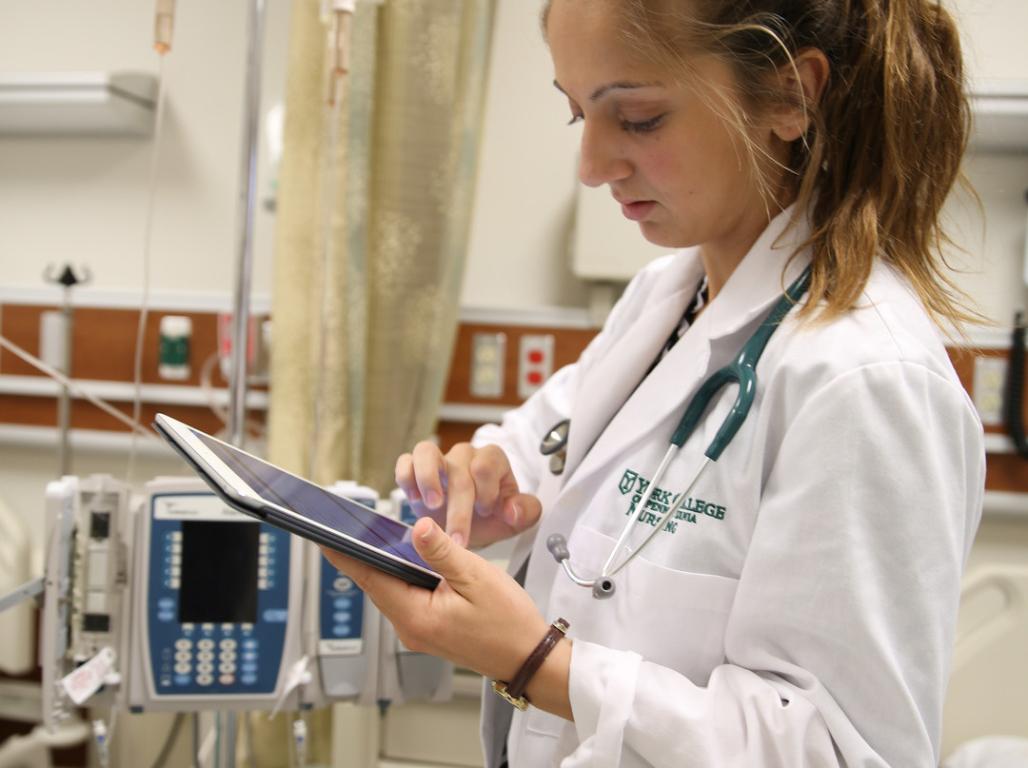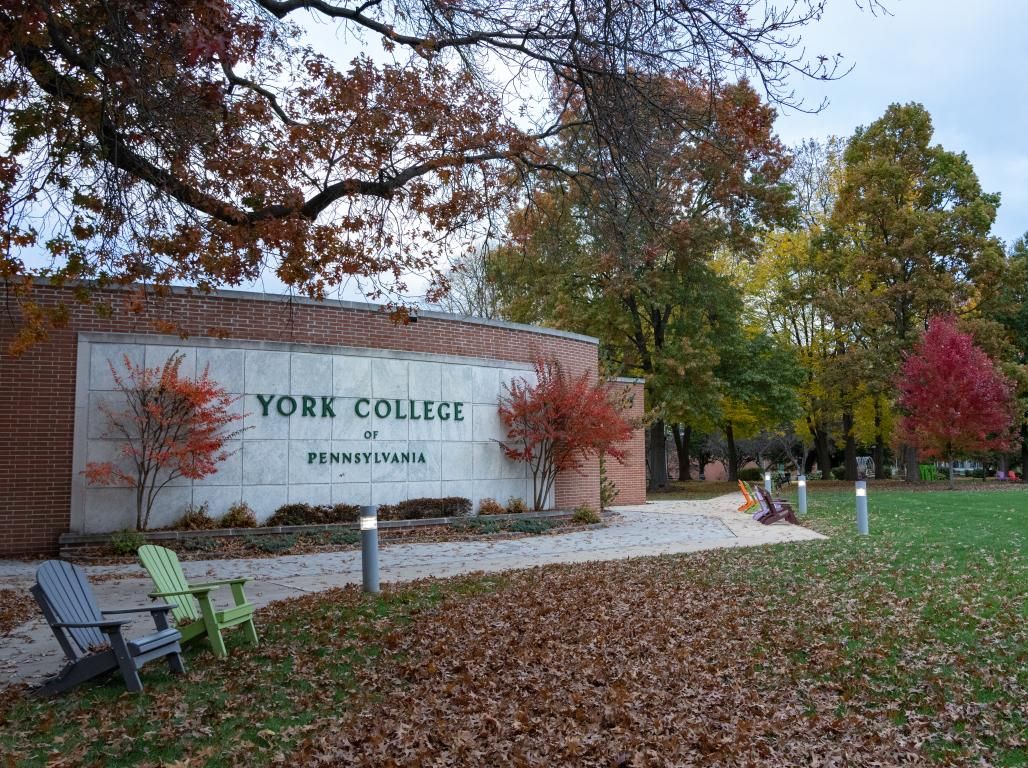Assistive Technology for Students with Disabilities

Inclusive education strives to provide equal opportunities for all students, regardless of their abilities or disabilities. However, students with disabilities often encounter unique challenges that can hinder their educational experiences. These challenges may range from physical limitations to cognitive differences, making it difficult for them to fully engage in traditional learning environments. As we continue to strive for equity and accessibility in education, it becomes imperative to address these obstacles and provide effective solutions.
Physical disabilities can limit mobility, while visual or hearing impairments create obstacles to accessing information presented through traditional teaching methods. Cognitive disabilities may hamper comprehension, retention, and overall learning abilities, impacting both academic performance and students' well-being. Assistive technology offers innovative solutions to bridge the gap between limitations and learning. From a wide array of tools, devices, and software, assistive technology is designed to support individuals with disabilities across various aspects of their lives. In education, it plays a pivotal role in “leveling the playing field so [students with disabilities] have the same access as students with typical challenges have,” explains Lynda Garner, Testing Accommodations Coordinator for Student Accessibility Services at York College of Pennsylvania.
Understanding Disabilities and Available Support
Disabilities encompass a wide range of conditions affecting individuals in different ways. Physical disabilities, such as paralysis, cerebral palsy, or limb loss, impact mobility and dexterity. Sensory disabilities impair one or more senses, such as vision (blindness), hearing (deafness), or both (deaf-blindness). Intellectual disabilities present challenges in cognitive functions, affecting learning, reasoning, and problem-solving. Psychiatric disabilities, such as depression, anxiety disorders, bipolar disorder, or schizophrenia, affect mental health and emotional well-being. Neurodevelopmental disabilities, like autism spectrum disorder (ASD), attention deficit hyperactivity disorder (ADHD), or specific learning disabilities, encompass conditions impacting neurological development and functioning.
Assistive technology plays a pivotal role in enhancing accessibility and inclusivity, ensuring individuals with disabilities have equal opportunities to participate in society. Accessibility is supported in physical environments, digital platforms, and communication channels through features like ramps, Braille signage, screen readers, and captions, enabling people with disabilities to navigate and interact effectively. This extends to inclusive education, where schools and universities implement assistive technologies to facilitate learning for students with disabilities, offering accommodations such as extra time for exams, note-taking assistance, and fostering a supportive environment.
At York College of Pennsylvania, the commitment to student success extends to individuals with disabilities through the dedicated efforts of the Student Accessibility Services (SAS) office. Spearheaded by professionals like Julie Rasmuson, Director of Student Accessibility Services, and Lynda Gardner, SAS ensures that students with disabilities have equal access to educational opportunities through a range of assistive technologies and support services.
Students with disabilities encounter unique hurdles in their educational journey, from navigating physical barriers to overcoming learning differences. Recognizing these challenges, Student Accessibility Services operate within the College’s Student Success Division, working collaboratively to provide reasonable accommodations across academic and extracurricular spheres. “[The goal is] to set students up for success, ensuring they have a full and meaningful college experience,” says Rasmuson.
Rasmuson and Gardner’s office at York College offers an array of services tailored to meet the diverse needs of students with disabilities. Academic accommodations may include:
- Note-taking assistance
- Extended time on exams
- Access to supportive technologies
- Dedicated, distraction-free testing environments
- Guidance for students and faculty navigating available accommodations
Every effort is made to create an inclusive learning environment. Additionally, SAS collaborates closely with faculty and stakeholders to ensure that students have access to necessary resources, including housing and dining accommodations.
Assistive Technology in the Classroom
Assistive technology encompasses a wide range of tools, devices, and software designed to support individuals with disabilities in various aspects of their lives, including education. Its importance lies in its ability to mitigate barriers to learning, providing equal access to educational opportunities for all students. From low-tech solutions like magnifying glasses to high-tech software like speech-to-text programs, assistive technology enhances students’ learning experience and promotes their academic success.
A number of assistive technologies and services are offered for college students:
- Speech-to-Text Software: Enables students to convert spoken language into written text, facilitating note-taking and composition tasks for individuals with dysgraphia or other writing difficulties.
- Magnifying Glasses: Assists students with visual impairments by enlarging text and images for improved readability.
- Dimming Lights: Helps reduce glare and visual strain for students with sensitivity to bright lights or those prone to migraines.
- Dimming Screens: Adjusts the brightness of computer screens to alleviate eye strain and enhance visual comfort during extended computer use.
- Extended Time on Exams: Provides students with disabilities additional time to complete exams, accommodating for processing speed differences or other impairments that may affect test-taking abilities.
- Equipment for Students with Hearing Impairments: Collaborates with faculty to provide necessary equipment, such as hearing amplifiers or captioning services, to ensure students with hearing impairments have equal access to auditory information.
- Rocketbook Notebooks: Offers a digital note-taking solution where handwritten notes can be uploaded to a computer and converted into editable electronic documents, enhancing accessibility and organization for students.
- Closed Captioning: Provides text-based captions for audio and video content, allowing students with hearing impairments to access lectures, videos, and other multimedia materials.
- Note-taking Assistance: Offers various tools and strategies to support students in taking effective notes during lectures or class discussions.
- Lecture Recording: Allows students to record lectures for later review, ensuring that important information is accessible and can be revisited as needed.
In their mission to foster a supportive and inclusive campus environment, York College’s SAS team engages in extensive collaboration across all facets of campus life. With over 750 registered eligible students, Student Accessibility Services touch every corner of campus, ensuring that no student is left without support. The office embraces a holistic approach in their work.."We [recognize] that disability is one part of a student's identity," explains Rasmusson. Through active collaboration with students, faculty, and various stakeholders, SAS serves as a central hub where individuals can seek guidance and assistance throughout their academic journey.
Customized Testing in College Accessibility Services
This collaboration extends to testing specialties, where the Student Accessibility Services team ensures that exam formats are tailored to meet individual needs. For instance, if a student requires screen reader assistance, SAS converts paper exams to PDF format. Conversely, “if [a student] has a concussion, they are not supposed to use a screen. SAS collaborates with faculty to provide paper-based exams,” says Lynda Garner. This personalized approach extends to having different exam versions for each student, ensuring that the exam format is precisely tailored to their needs. By cultivating connections with every department and service, SAS aims to creating an environment where every student has the opportunity to thrive.
The staff in York College’s Student Accessibility Services office also works diligently to stay up-to-date on technological advancements, recognizing the rapid pace of change in this domain. Remaining informed and knowledgeable about platforms and products is crucial, given their constant evolution. Aligned with the campus mission of fostering innovative learning experiences, SAS prioritizes hands-on approaches and views assistive technology as integral to meeting strategic goals. Serving a substantial portion of the college community, they invest considerable time in exploring assistive technology options, integrating resources into the curriculum, and developing policies and practices to support effective implementation across campus.
Accessibility Beyond the Classroom
Accessibility is crucial for fostering inclusivity and equity in higher education — and that extends beyond the walls of the traditional classroom. Student Accessibility Services ensure that students with disabilities are supported across all aspects of their college experience, including extracurricular activities and social events that enhance their overall educational experience. By promoting social inclusion and removing barriers to participation, accessibility initiatives contribute to creating a campus culture that values diversity and mutual respect among students. Moreover, accessibility beyond the classroom is essential for preparing students with disabilities for success in the workforce as they develop essential skills and experiences necessary for career readiness and personal growth.
One way York College encourages accessibility beyond the classroom is through the SAS Connections Program. This group-based program focuses on building essential skills and fostering connections within the campus community through six sectors:
- Academics
- Social competencies
- Community
- Culture
- Wellness
- Professional growth
By participating in workshops and resources, neurodiverse students are empowered to navigate campus life effectively and access support that will help them to thrive in college. Additionally, social activities provided by these programs help students cultivate a sense of belonging. SAS Connections Program activities create inclusive spaces where students can engage in self-advocacy, develop career-readiness skills, and establish meaningful connections.
Further recognizing the achievements of students with disabilities, the College participates in initiatives like Delta Alpha Pi, an Honors Society for students with disabilities. York College’s Delta Alpha Pi chapter recently celebrated its third induction ceremony. The chapter now boasts a total of 51 members, with nine new members soon to be inducted.
Celebrating A Culture of Accessibility
Colleges and universities that prioritize inclusive environments benefit not only students with disabilities but the entire academic community. Accessible campuses encourage collaboration, foster respect, and create learning environments where every student can thrive.
Students with disabilities should seek out resources on their respective campuses, such as Student Accessibility Services, to explore the accommodations and support systems available to them. These services often provide personalized assistance, from exam modifications to note-taking aids, to ensure students have equitable access to education. Colleges can enhance their support for students with disabilities by investing in ongoing training, promoting awareness, and collaborating across departments to ensure accessibility extends beyond the classroom. By doing so, educational institutions can empower all students to reach their full potential and succeed in their academic journeys.




